
Public Urged to Avoid Burning Waste Amid Rising Air Pollution
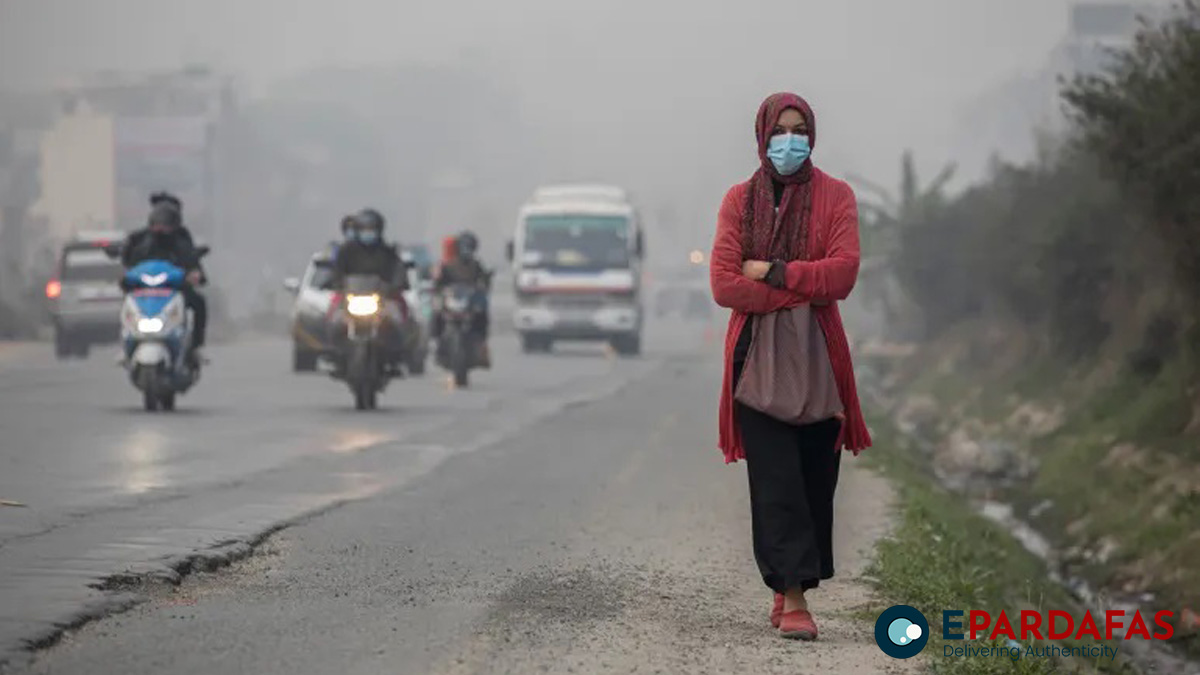
The Department of Environment has issued a public advisory urging citizens to refrain from burning solid and plastic waste as air pollution continues to rise in various parts of Nepal, including the Kathmandu Valley. The warning comes amidst deteriorating air quality following the onset of winter.
The Department highlighted that air pollution levels have been particularly alarming in the Tarai region and the Kathmandu Valley over the past few weeks. Contributing factors include emissions from industries, vehicles, forest fires, open waste burning, agricultural residue combustion, household smoke, and dust from roads and construction activities.
Air Quality Index and Health Risks
The Department explained the severity of air quality using the Air Quality Index (AQI):
- 0–50: Good
- 51–100: Moderate
- 101–150: Unhealthy for sensitive groups
- 151–200: Unhealthy
- 201–300: Very unhealthy
- 301+: Hazardous
With air pollution linked to serious health issues, vulnerable groups such as children, the elderly, pregnant women, and individuals with respiratory or heart conditions are at heightened risk.
Recommendations to Reduce Pollution
The Department has urged citizens and industries to adopt measures to mitigate pollution, including:
- Avoiding the burning of solid, plastic, and agricultural waste.
- Regular maintenance of vehicles to reduce emissions.
- Using clean energy in kitchens and industries.
- Properly managing dust and smoke from roads and construction sites.
The Department has also ramped up efforts to monitor air quality through a network of stations across the country.
As air pollution poses a growing threat to public health, the Department reiterated the importance of collective action to ensure cleaner air and a healthier environment.

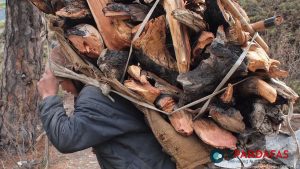
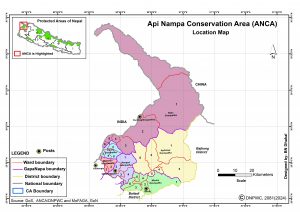
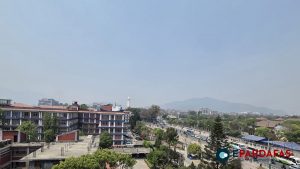
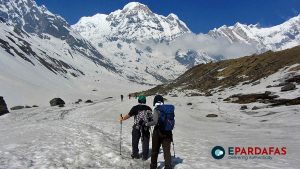
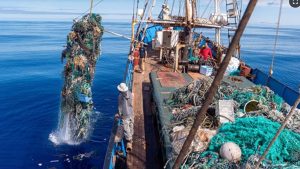



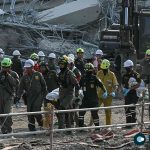


Comments